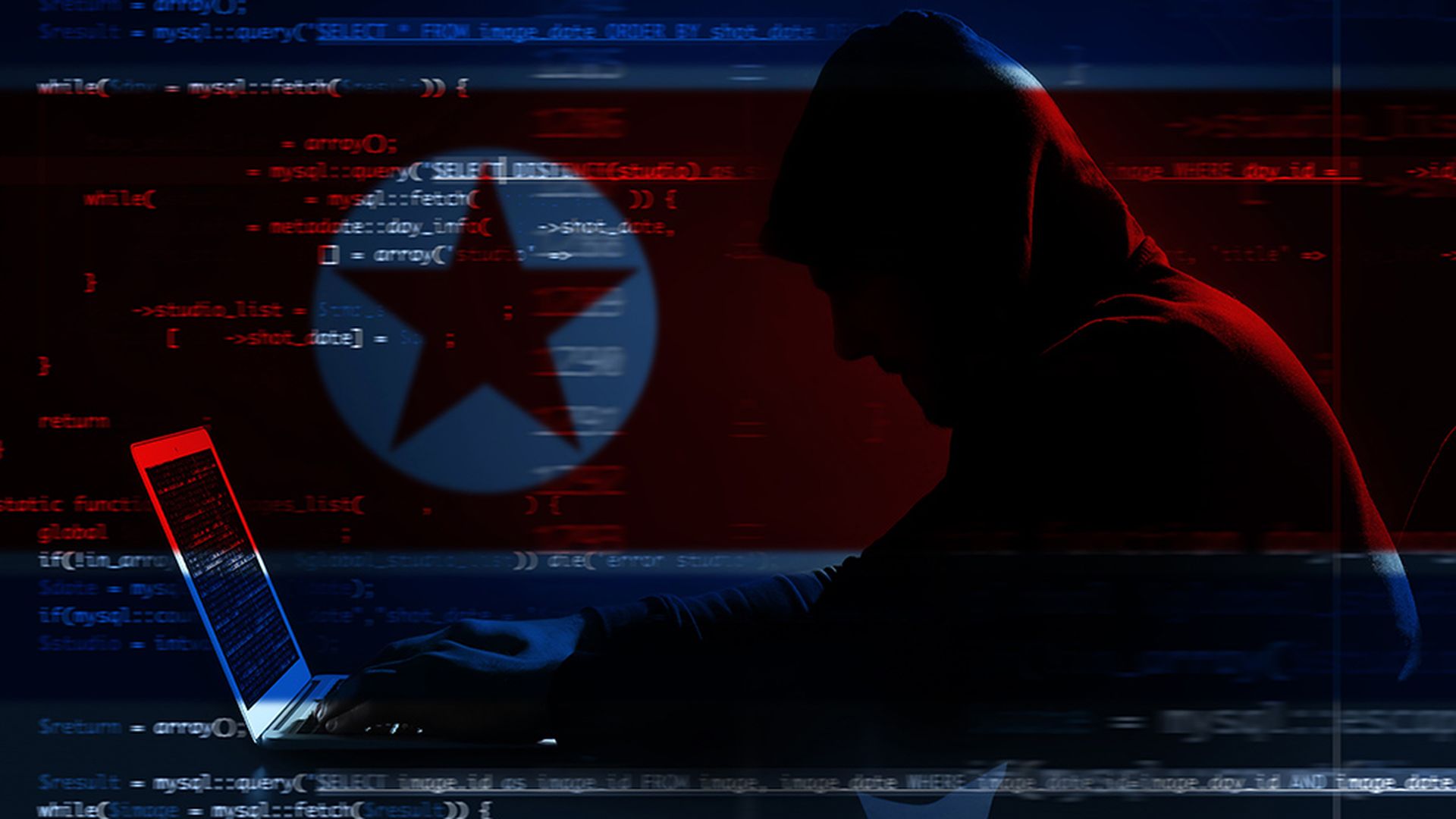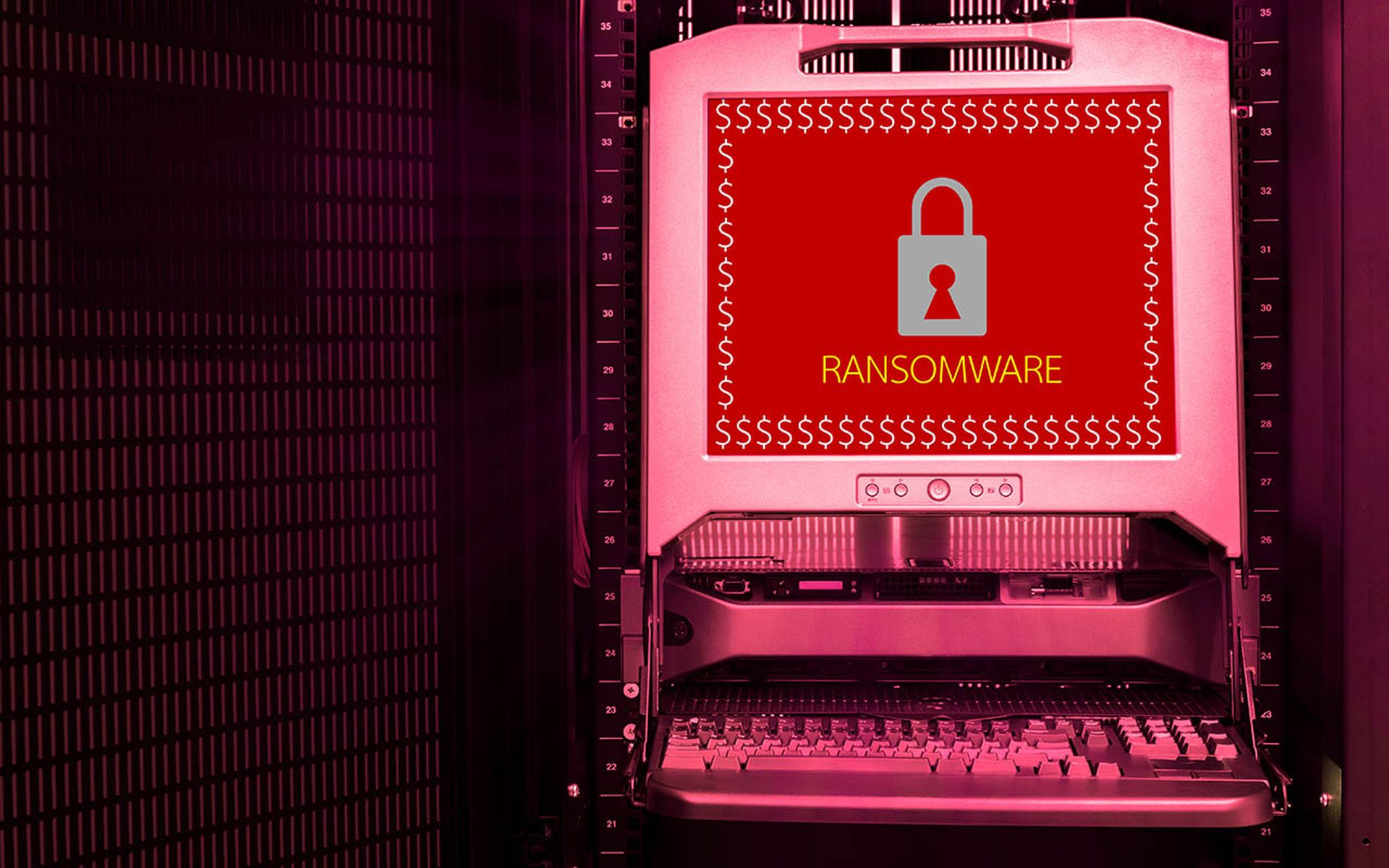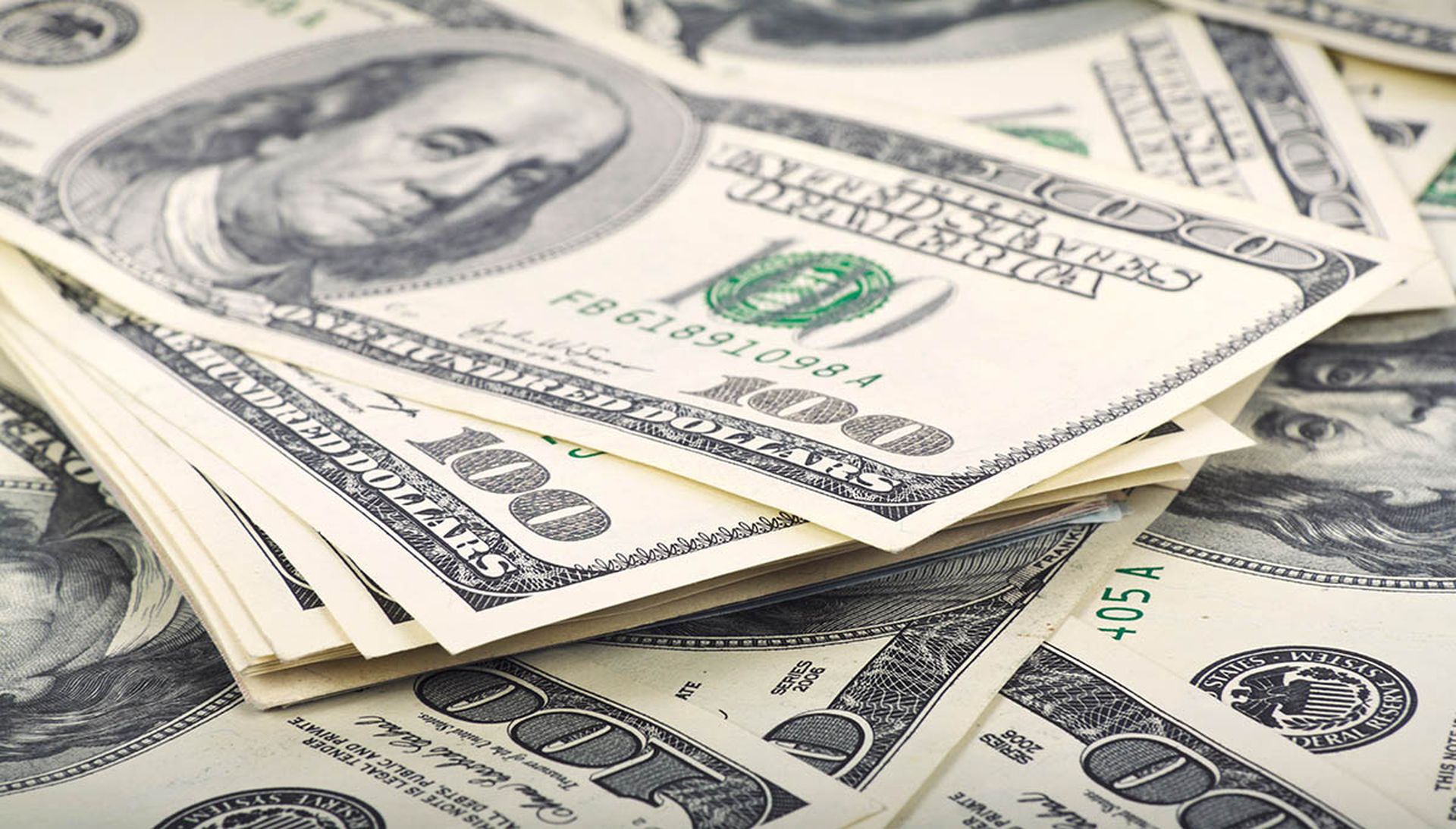After a tumultuous couple of years of exchanging accusations and expressing distrust over cyberespionage and spying – most recently with Director of National Intelligence (DNI) John Clapper laying responsibility for the Office of Personnel Management (OPM) breaches squarely at the feet of the Chinese – the U.S. and China said they've reached an accord of sorts, a code of conduct for cybersecurity going forward.
The code emerged after a three-day U.S.-China Strategic and Economic Dialogue where delegates from the two countries covered the gamut of topics likely to affect future collaboration and relations.
While details of a specific code were not released, nor did it appear on a 127-item outcomes list, both China's Vice Premier Wang Yang and U.S. Secretary of State John Kerry in the fifth round of the meeting's Strategic Security Dialogue pledged to cooperate on cybersecurity measures.
After the close of the meet-up, Kerry told members of the press that “there was not a direct kind of confrontational pushback” on cybersecurity during the talks. Instead, the two countries orchestrated what Kerry called for “an honest discussion,” minus finger-pointing and accusations “about the problem of cyber theft and whether or not it was sanctioned by government or whether it was hackers and individuals that the government has the ability to prosecute.”
The Secretary of State said the U.S. made it “crystal clear” that that type of activity is “not acceptable,” but noted that “China also has a very clear interest in making certain that everybody is behaving by a certain set of standards.”
Kerry refused to comment specifically on the breaches at the OPM, which exposed a treasure trove of sensitive information, much of it confidential, because the incident is still being investigated by the FBI “and we have not come out with specific statements from the government.”
DNI Clapper didn't show similar restraint, with the Wall Street Journal reporting that he fingered China as the “leading suspect” during remarks made an intelligence conference in Washington. “You have to kind of salute the Chinese for what they did,” the Journal quoted Clapper as saying.



